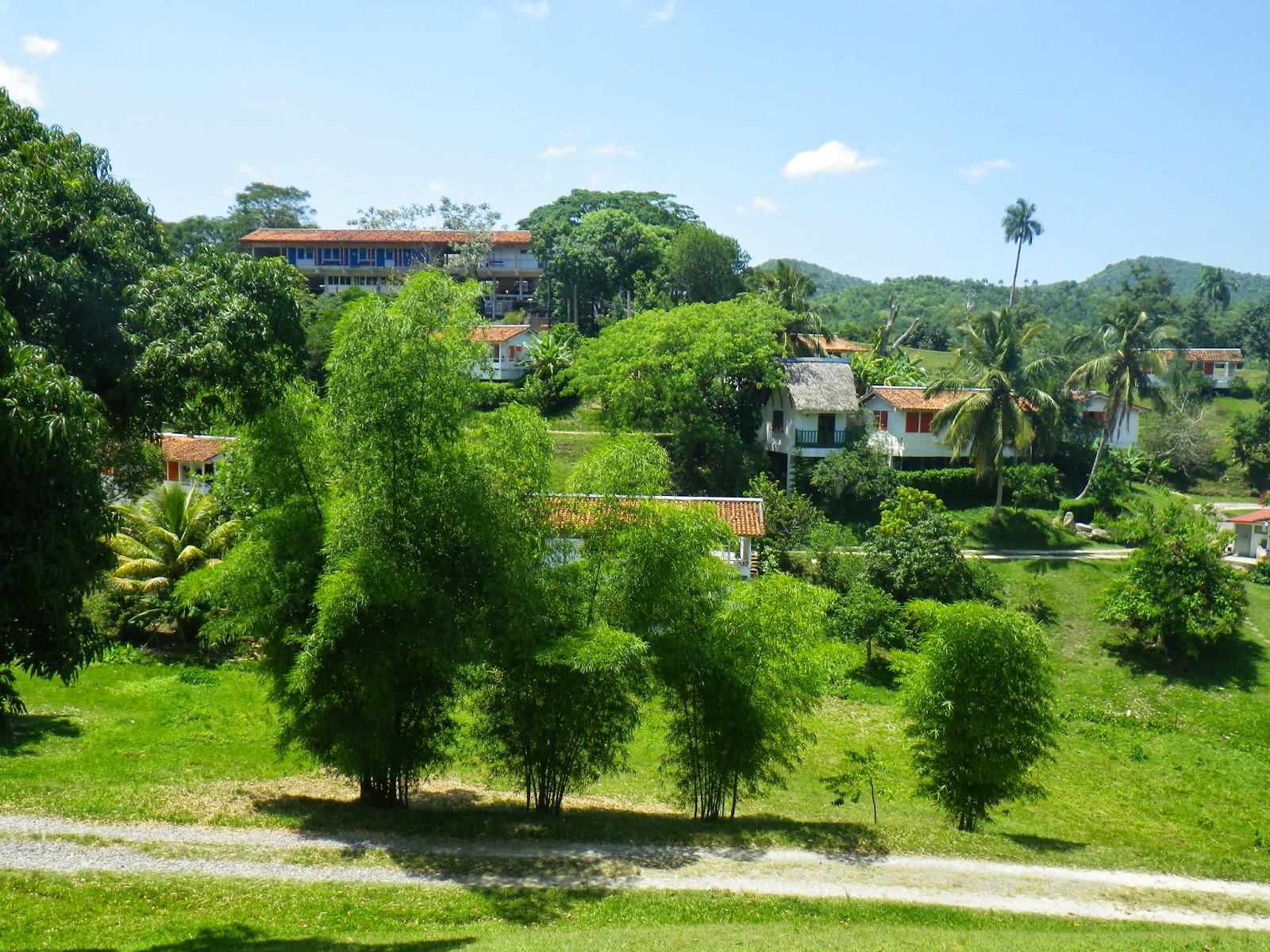 |
| Rice Lake is seen from a guest room window in the Victorian Inn. Just east of Toronto, the lake is a popular vacation destination for Northeast Ohioans |
It was early on a perfect summer day when my friend Judy and I aimed our rental car toward Rice Lake, a 23-mile long lake on the Trent-Severn waterway. Just an hour or so east of Toronto, it’s the darling of anglers from Ohio and a lot of other places.
“Ohioans have been coming for several generations,” said Donna Cane, innkeeper at the Victorian Inn at Gore’s Landing,
Everything’s from another era here — no Marriotts or Holiday Inns at all.
“People stay here and at some of the cottages around the lake,” she said.
She’d arranged for me to go out fishing on Rice Lake with Mike McNaught, a local guide who grew up on the lake and has achieved a sought after skill for tracking down its pan fish, walleye, bass and muskies. His passion, however, is fly-fishing for salmon and steelhead on the Ganaraska River and he also leads anglers on those trips.
My dad was an avid fisherman and our family would head north to Ontario’s Thousands Islands for several weeks each summer. Sometimes Dad would allow me to join him and the guide for an early morning trip trolling for muskies and Northerns. Nostalgic for those times, I’d asked if it would be possible for me to see if Canadian fishing had changed.
Donna was planning our lunch around Mike’s catch from earlier that morning when mists still shrouded the late. It was 10 a.m. and clear as can be when as I stepped into his boat secured to the Victorian Inn dock.
 |
| Fishing guide Mike McNaught shows me a lure used to catch certain fish. |
I watched carefully as Mike selected the lures and rods we would use. He motored slowly toward our first fishing hole, in the lee of one of the rocky islets on the lake. A radar-like fish finder helped him scan the lake bottom to find the schools of fish we sought.
There was nothing like that when I was a girl, but that was a really long time ago.
“They like to hang out in the weeds,” Mike said.
As we cruised slowly out onto Rice Lake, he pointed out cottages on various islands, “That one has a couple of sheep to mow the grass,” he said. “And over there is an ancient First Nations burial ground.”
Our Indians are called First Nation people here, usually followed by a tribe name among the Canadians. Many of them still live along Rice Lake, which was named for the wild rice they cultivated at one time near the shallow shore waters.
“In winter we have a regular village of ice fishermen out here,” Mike said. “We can even call up for pizza on our cellphones and get it delivered. In summer we can usually get pizza delivered to one of the docks when we’re hungry.”
There are several places around Rice Lake that rent boats and help folks get fishing licenses, he added.
He activated his trolling motor, a small motor that allows the boat to go very slowly as he fished. That’s something my Dad would have loved.
Mike is apparently locally well-known for the flies he ties, and to tie effective ones he not only must study the habits and appetites of fish, but that of the insects and other creatures they feast on. “Walleye, for instance, love worms,” he said.
I could tell he was accustomed to speaking to Americans because most Ontario folks use the word “pickerel” for walleye. .
“A good fisherman never stops learning,” he said.
He promised to show us his hand tied lures after lunch at the Victorian Inn.
 |
| The walleye lunch from Mike's catch, cooked and served at the Victorian Inn, was delicious. |
We feasted on walleye (pickerel) that was, for me the best fish I’d ever tasted. It was just a few hours from the depths of Rice Lake.
Learn more about the area at www.northumberlandtourism.com; 866-401-3278. Meet Mike McNaught at http://michaelmcnaught.wordpress.com/about/
Labels: Ontario, pickerel, Rice Lake, walleye
 RSS
RSS






